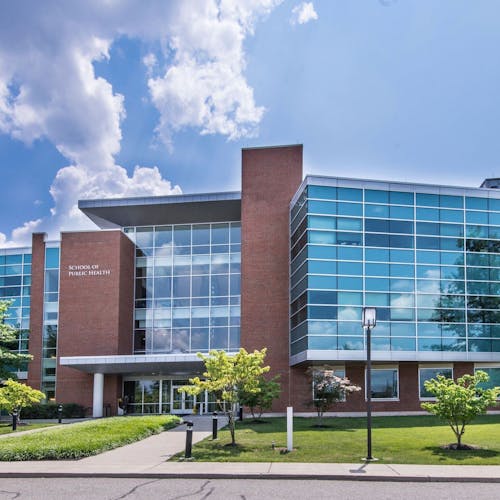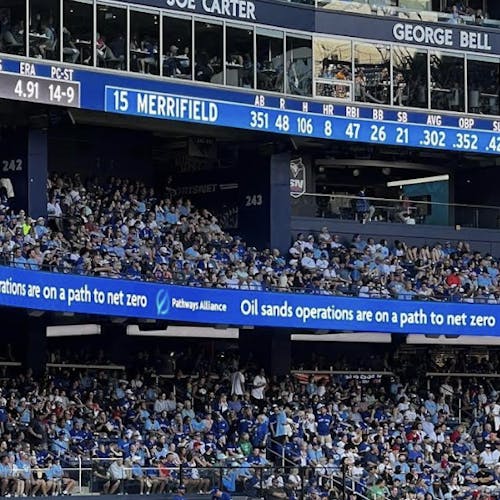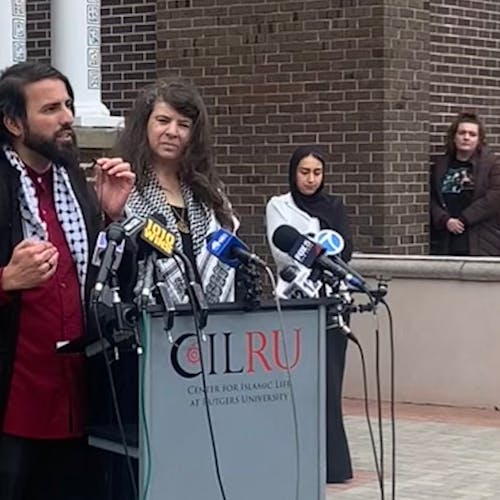Campus voice gains strength in age of activism

Spurred by the tensions of the Vietnam War and the civil rights movement, the University in the late 1960s faced the beginnings of an era defined by protests, demonstrations and cries for change.
As several on-campus groups demonstrated against the Vietnam War, the Reserve Officers' Training Corps' presence on campus and for civil rights, the University's president at the time, Mason Gross, welcomed dissent.
"The students have every right in the world to object," wrote Gross in the 1969 yearbook, the Scarlet Letter. "They should make their case clear and indicate the basis of their objection. Then the authorities in the college should jolly well listen to them."
Faculty teach-ins, where teachers would speak about controversial issues well into the night, attacks on ROTC buildings and other on-campus demonstrations in the streets were common, said University Archivist Thomas Frusciano.
History Professor Eugene Genovese, a Marxist, spoke out against Vietnam in 1965 at a teach-in, he said. Gross did not dismiss him despite facing external pressure.
Several anti-war groups, such as Students for a Democratic Society, often protested to move ROTC off-campus, he said.
Three students also showed their hatred of the war by burning their Selective Service cards in front of a crowd, according to the 1968 Scarlet Letter.
Frusciano said the polarization of those in favor of the government's efforts and those against them was strong at the University as it was across the nation, but it was not the only contentious issue on campus.
At the time, the University was also contending with the integration of an increasing minority population, said Rutgers College Class of 1969 alumnus Bruce Hubbard, student representative to the Board of Governors at the time.
"There were only about 30 black students on the whole campus when I got there," said Hubbard, who was the first black member of the Chi Psi fraternity.
While the University did not have violent civil rights riots, there was still tension as the minority population on campus rose.
By Hubbard's junior year in 1968, there were hundreds of minority students and the atmosphere had changed.
"There is no growing problem with minority students when there aren't any," Hubbard said.
When Hubbard joined Chi Psi, the president quit, he said.
The 1968 death of Martin Luther King Jr. also sparked increased tension on campus, Hubbard said. Students demonstrated often in the streets.
Frusciano said the arrest of Donald Harris, a black University graduate who had been arrested in 1963 Georgia for organizing minority voter registration, also raised civil rights awareness in New Brunswick.
On the Newark campus in 1969, minority students took over Conklin Hall, demanding awareness and rights, Frusciano said. Black student leaders also held a symposium in the College Avenue Gym to presented a set of demands such as having more minority students, scholarships, faculty and programs.
Hubbard was also part of a campaign to name the newly built Rutgers Student Center on the College Avenue Campus after Paul Robeson, one of the University's most accomplished alumni.
The Board of Governors denied this request, as they accused Robeson of Communist ties, but Hubbard countered with claims that the University Provost Richard Schlatter was also a Communist.
"I had a real tough fight with the president at the time," Hubbard said.
Despite the controversy and the student center never being named after Robeson, Hubbard said Gross understood why he had done what he did.
"He was a wonderful man, and he was a very good friend of mine," he said.
The student demonstrations for civil rights on campus helped spur the creation of the University's Africana Studies Department in 1969, said one of the founders Associate Professor Leonard Bethel.
The department formed out of the urban mission of Livingston College, which opened in the fall of 1969 after the University purchased Camp Kilmer, where the campus now stands, from the government, Bethel said.
"It was hard because we had to protest to do it," Bethel said of starting the unique department.
If not for the student protests, the department would not have started, he said.
"Student protests brought consciousness to the fact that we needed to include the African-American and Caribbean and African experience into the curriculum. It was not by the good will of anybody, it was through student protests," Bethel said.
In its 40th year, the multi-disciplinary program remains one of the most unique at the University and opened the doors to other minority studies programs on campus.
"People didn't think it was going to last, because it started the way it started … [but] we emerged as one of the most solid programs in the country," Bethel said.
School of Arts and Sciences Executive Dean Douglas Greenberg, Rutgers College Class of 1969, said when he was a student, the campus was active, but not as much as other campuses around the nation.
"It was very politically active, but it wasn't universal," Greenberg said. "Not every student was politically active, but there was a core group of students who were."
For example, many fraternity members were conservative politically, he said.
But students did demonstrate on a variety of different issues, from civil rights and the Vietnam War to creating more public housing for residents in New Brunswick with low income, he said.
"It was a time of great upwelling of tension and anxiety of what was happening in the country," Greenberg said.
The tolerance of the administration helped diffuse the tension, and therefore there were no riots, he said.
"I never felt the kind of hostility at Rutgers that I read about at other universities," Greenberg said.
Because of the small size of the all-male school and Gross' popularity on campus, the president maintained active contact with students, often letting in demonstrators on Old Queen's campus to hear their demands, Greenberg said.
"[Gross] kind of instilled this calmness that he didn't call in the National Guard … if there was an assemblage of students getting ready to protest," Frusciano said.
Hubbard said the majority of the administration and students were open to change, a shift from when he entered the more conservative University in 1965.
"When I first came to Rutgers, it was a beer-drinking, frat-boy place," Hubbard said.
When he left, students had long hair, and the flower children culture had bloomed.
"It was a wonderful time," Hubbard said. "I enjoyed it. I think back on my college years fondly."



